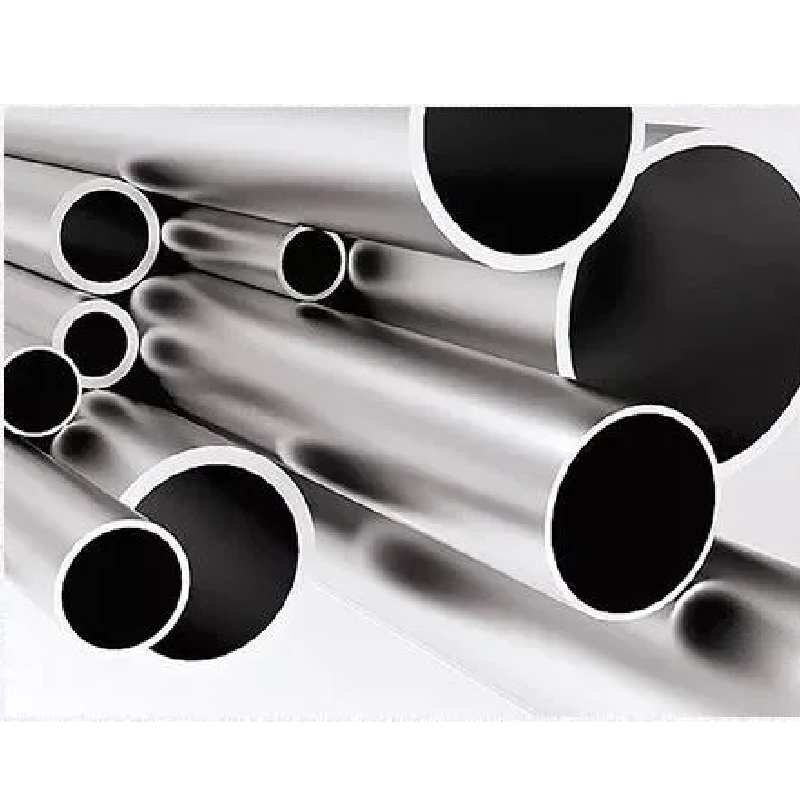-
Cangzhou Yulong Steel Co., Ltd.
-
Phone:
+86 13303177267 -
Email:
admin@ylsteelfittings.com
- English
- Arabic
- Italian
- Spanish
- Portuguese
- German
- kazakh
- Persian
- Greek
- French
- Russian
- Polish
- Thai
- Indonesian
- Vietnamese
- Zulu
- Korean
- Uzbek
- Hindi
- Serbian
- Malay
- Ukrainian
- Gujarati
- Haitian Creole
- hausa
- hawaiian
- Hebrew
- Miao
- Hungarian
- Icelandic
- igbo
- irish
- Japanese
- Javanese
- Kannada
- Khmer
- Rwandese
- Afrikaans
- Albanian
- Amharic
- Armenian
- Azerbaijani
- Basque
- Belarusian
- Bengali
- Bosnian
- Bulgarian
- Catalan
- Cebuano
- China
- China (Taiwan)
- Corsican
- Croatian
- Czech
- Danish
- Esperanto
- Estonian
- Finnish
- Frisian
- Galician
- Georgian
- Kurdish
- Kyrgyz
- Lao
- Latin
- Latvian
- Lithuanian
- Luxembourgish
- Macedonian
- Malgashi
- Malayalam
- Maltese
- Maori
- Marathi
- Mongolian
- Myanmar
- Nepali
- Norwegian
- Norwegian
- Occitan
- Pashto
- Dutch
- Punjabi
- Romanian
- Samoan
- Scottish Gaelic
- Sesotho
- Shona
- Sindhi
- Sinhala
- Slovak
- Slovenian
- Somali
- Sundanese
- Swahili
- Swedish
- Tagalog
- Tajik
- Tamil
- Tatar
- Telugu
- Turkish
- Turkmen
- Urdu
- Uighur
- Welsh
- Bantu
- Yiddish
- Yoruba

Nov . 22, 2024 13:29 Back to list
bent steel pipe
Understanding Bent Steel Pipes Applications, Benefits, and Manufacturing Processes
Bent steel pipes play a crucial role in various industries, from construction and engineering to oil and gas. Their versatility, strength, and ability to withstand high pressures make them an indispensable component in many applications. This article delves into the definition, applications, benefits, and manufacturing processes of bent steel pipes, highlighting their importance in modern infrastructure.
What Are Bent Steel Pipes?
Bent steel pipes are precisely what their name suggests steel pipes that have been curved or bent to achieve specific shapes and angles. The bending process allows these pipes to fit into various designs without compromising structural integrity. The bending can be done through a variety of methods, including heat bending, rotary draw bending, and mandrel bending, each offering unique advantages depending on the pipe diameter, wall thickness, and desired radius of the bend.
Applications of Bent Steel Pipes
1. Construction Bent steel pipes are commonly used in the construction industry for structural support and framing. They are found in building frameworks, bridges, and other infrastructure, providing the necessary strength and stability. Their ability to be bent into different shapes allows architects and engineers to create innovative designs.
2. Automotive Industry In the automotive sector, bent steel pipes are used for exhaust systems, roll cages, and chassis components. Their strength and resistance to heat make them ideal for withstanding the extreme conditions experienced in vehicular applications.
3. Oil and Gas Bent steel pipes are essential in the oil and gas industry for transporting resources from extraction sites to refineries and storage facilities. Their ability to handle high pressures and corrosive materials makes them a preferred choice for pipelines.
4. Marine Applications In marine engineering, bent steel pipes are employed in the construction of ships, submarines, and offshore platforms. Their resilience against harsh environmental conditions, such as saltwater and high winds, ensures the safety and durability of marine structures.
5. HVAC Systems In heating, ventilation, and air conditioning systems, bent steel pipes are used for ductwork and ventilation. Their ability to be bent into specific shapes allows for efficient airflow and space utilization in industrial and commercial buildings.
bent steel pipe

Benefits of Using Bent Steel Pipes
1. Strength and Durability Steel is renowned for its strength-to-weight ratio, making bent steel pipes an excellent choice for a variety of applications. They can withstand significant loads and are resistant to deformation under pressure.
2. Design Flexibility The ability to bend steel pipes into different shapes allows engineers to implement unique design solutions tailored to specific project requirements. This flexibility can lead to improved aesthetics and functionality.
3. Cost-Effectiveness Although the initial manufacturing process for bent steel pipes may be more complex than straight pipes, their durability and low maintenance needs can result in significant cost savings over time. Fewer replacements and repairs lead to lower overall project costs.
4. Corrosion Resistance With the right treatment and coating, bent steel pipes can resist corrosion, extending their lifespan and ensuring reliable performance in various environments.
Manufacturing Processes of Bent Steel Pipes
The manufacturing of bent steel pipes involves several steps, beginning with material selection. High-quality steel is chosen based on the specific application requirements. The pipes are then cut to length and subjected to the bending process. Various techniques, such as heat application or mechanical bending machinery, are utilized depending on the desired specifications.
Quality control is paramount in pipe bending. Testing the pipes for structural integrity after bending ensures they meet industry standards before being shipped to customers. Automated and semi-automated systems are increasingly being used to enhance precision and reduce production errors.
Conclusion
Bent steel pipes are integral to a wide array of industries, providing strength, versatility, and reliability in numerous applications. Their manufacturing processes, coupled with the benefits they offer, make them a vital component of modern infrastructure. Understanding their uses and advantages will undoubtedly lead to more informed decisions in engineering and construction practices. As industries continue to innovate, bent steel pipes will remain a critical element in the evolution of structural design and functionality.
Latest news
-
ANSI 150P SS304 SO FLANGE
NewsFeb.14,2025
-
ASTM A333GR6 STEEL PIPE
NewsJan.20,2025
-
ANSI B16.5 WELDING NECK FLANGE
NewsJan.15,2026
-
ANSI B16.5 SLIP-ON FLANGE
NewsApr.19,2024
-
SABS 1123 FLANGE
NewsJan.15,2025
-
DIN86044 PLATE FLANGE
NewsApr.19,2024
-
DIN2527 BLIND FLANGE
NewsApr.12,2024
-
JIS B2311 Butt-Welding Fittings LR/SR 45°/90° /180°Seamless/Weld
NewsApr.23,2024











